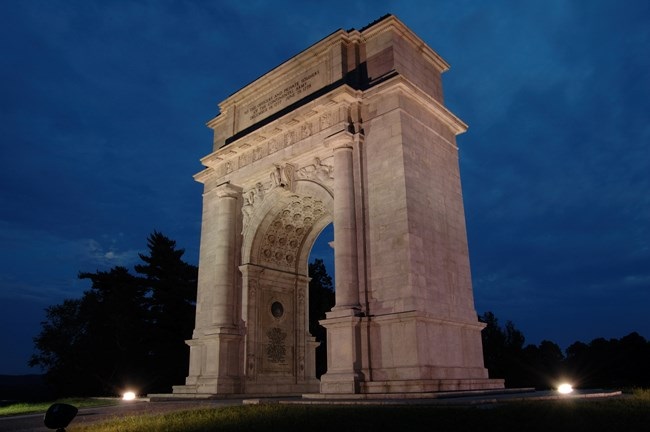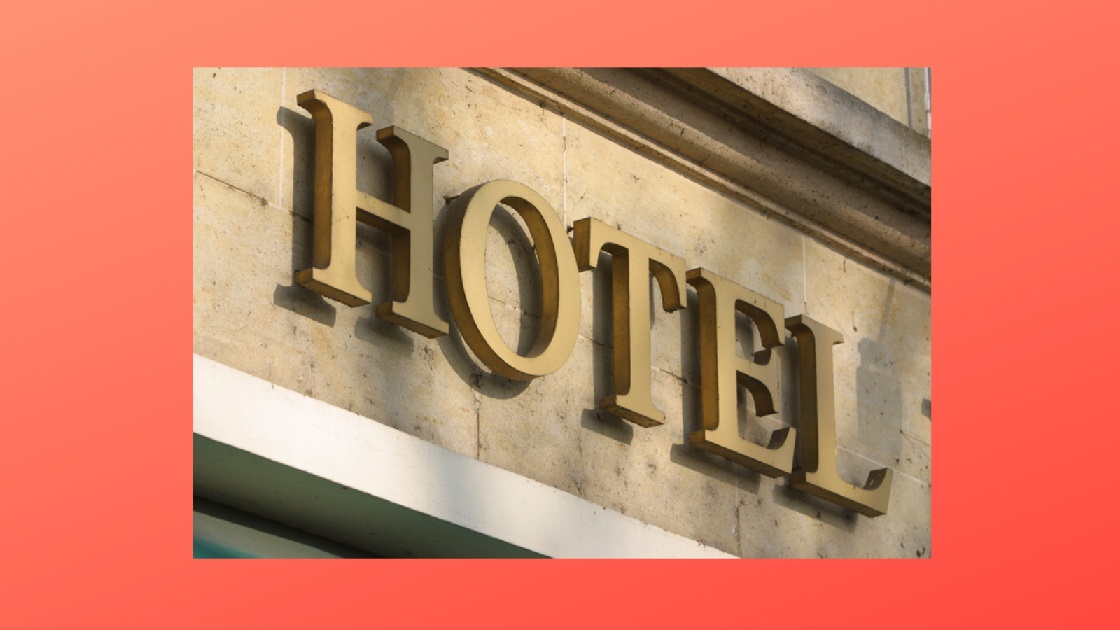People who visit Montgomery County and stay in a hotel, motel, inn, or other type of lodging facility pay the Montgomery County Hotel Room Rental Tax. This tax is added to the bills of hotel guests.
This tax was first enacted by Montgomery County in 1983.
As of January 1, 2017, the tax has been set at 4% of a hotel bill. Prior to that date, the tax had been set at 2% for a number of years. It was initially set at 1% in 1983.
You can view the resolution of the Montgomery County Commissioners enacting the increase in this tax in December of 2016 by clicking here and then scrolling down to page 24 of the minutes.
“The revenue generated in 2016 was $4,544,852 and the county retained $27,000 in [an] administrative fee,” stated Mr. John Corcoran, Director of Communications of Montgomery County. “The revenue generated in 2017 was $8,681,218 and the county retained $310,287 in [an] administrative fee.”
The difference in the administrative fees was based a change in law that took place at the same time as the tax rate increase, explained Mr. Corcoran: “The law changed in 2017 raising the tax from 2 percent of 4 percent and allowing the county to collect 4 percent in administrative fee instead of the flat $27,000. There is a one month lag between when the revenue is collected and when the money is dispersed and the fee applied, so that 4 percent will never match up exactly.”
Funds generated through the Montgomery County Hotel Room Rental Tax are provided to the Valley Forge Tourism & Convention Board. According to a statement from that entity, it is “a private, non-profit membership sales and marketing organization which actively promotes the Valley Forge area and Montgomery County as a convention site and leisure visitor destination by promoting patronage of its member hotels, restaurants, attractions, and services.”
“The Valley Forge Tourism & Convention Board was established as the Valley Forge Convention and Visitors Bureau by the Montgomery County Commissioners in 1963, making it the officially chartered tourism promotion agency of Montgomery County,” the statement from the organization continued. “It [the bureau] was an agency of Montgomery County until 1999, when the [Montgomery] County Commissioners voted to privatize the bureau, while maintaining fiduciary oversight through appointment of the agency’s volunteer board of directors.”
“The [Valley Forge Tourism & Convention] Board is now a private organization,” according to the statement from the organization. “Funding comes from a combination of Commonwealth of Pennsylvania grants, membership dues, and a tax imposed on visitors occupying…[Montgomery] County’s more than 8,200 hotel rooms. The [Valley Forge Tourism & Convention] Board does not receive [general tax] funding from Montgomery County.”

Tourists from throughout the United States and from around the world visit Valley Forge, among other locales within Montgomery County. Tourism is a major industry in Montgomery County. The United States National Memorial Arch at Valley Forge National Historical Park is seen in the above photograph, while many art pieces are available to be seen at the Abington Art Center Sculpture Park. The Valley Forge Tourism & Convention Board uses hotel occupancy tax revenue to promote tourism at these sites and many other locales in and near Montgomery County.
The Pennsylvania Restaurant & Lodging Association believes all entities that are renting short-term lodging in Pennsylvania – including in Montgomery County – should be paying the hotel occupancy taxes enacted both on the Commonwealth level as well as the hotel occupancy taxes enacted by individual counties.
“We believe there needs to be a level playing field for all businesses in the lodging industry,” stated Mr. John Longstreet, President and CEO of the Pennsylvania Restaurant & Lodging Association. “We see Airbnb and other similar businesses as part of the competitive landscape. Airbnb and similar businesses should be paying the same hotel occupancy taxes as any other hotel operator. No one else in the lodging industry gets the option to not pay these hotel occupancy taxes, which are critical to the tourism industry.”
The photograph of the United States National Memorial Arch was photographed by Mr. Bill Moses and is provided courtesy of the National Park Service.
Do you have questions about local history? A street name? A building?
Your questions may be used in a future news column.
Contact Richard McDonough at tookanyvalleychronicles@gmail.com.
© 2019 Richard McDonough

